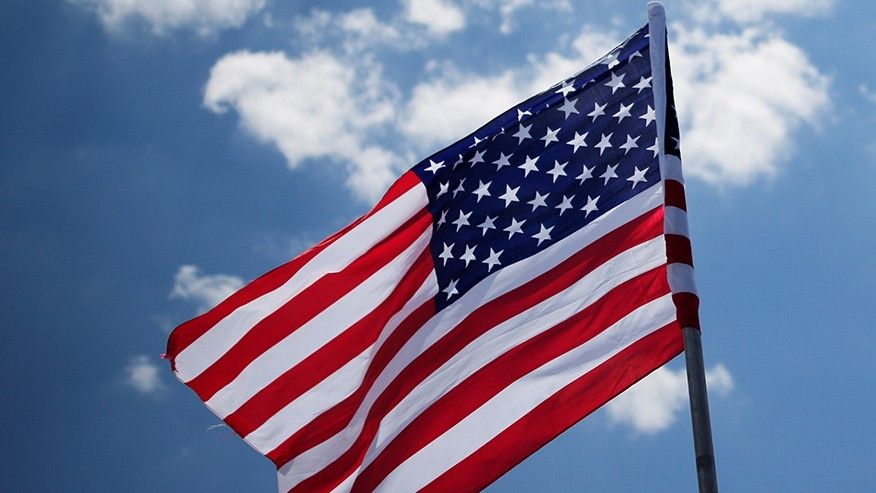Greatest Nation on Earth?: the Downside to Patriotism

Despite the dramatic partisan polarisation the United States has seen over the past two decades, there is one thing on which all US politicians seem to agree: America is the Greatest Nation on Earth. Their interpretations may differ – from Reagan’s proud Shining City on a Hill to Obama’s unique brand of modest, self-critical belief in American potential – but this mantra manages to find its way to the core of almost every American politician’s rhetoric.
At first glance, this appears a relatively innocent display of patriotism on an online messaging board or a proud rallying cry during a campaign speech, but under the surface, might this creed be doing the country more harm than good?
Its truthfulness is difficult to establish, as ‘greatness’ is not a quantifiable property. However, the true problems arise not from its veracity, but from the mentality it breeds. The motto has two important, interconnected effects on public discourse: it quells dissent and it fosters complacency.
Firstly, the creed has the potential to be turned into an argumentative tool with which to sideline or dismiss critics. If someone were to point out a hypothetical flaw in American society they might risk being labeled by defenders of the status quo as overly sensitive, nitpicky, or even ‘not appreciating America.’ This would invite a shoot-the-messenger mentality, wherein outrage is not directed primarily towards the problem at hand, but rather towards those who point it out, as though the problem didn’t exist until someone started bringing it up.
This type of rhetoric has reared its head around a lot of topics in recent public discourse in the country, but it seems most prevalent in discussions of civil rights and discrimination. A good example of this is the conservative response to the Black Lives Matter movement (and various other minority rights movements): rather than addressing the matter in question – racial discrimination – the focus falls on discrediting the people who bring it up. Dismiss them as crybabies, ‘snowflakes’, vandals or even racists and their argument becomes invalid and not worth listening to.
Important to note here is that this usually doesn’t happen with nefarious intent; it’s simply a psychological defense mechanism. If a certain paradigm is deeply ingrained in a person’s core beliefs and someone comes out to challenge that paradigm, the brain prefers to find ways to invalidate the challenger rather than risk upending its core beliefs.
Also common across the board, such as in debates around education and healthcare, is the retort that the person complaining should be rather grateful they live in the US for, it is implied, even if there are flaws in the American system, other systems must surely be worse. After all, how could other countries have a better system than the US, if the US is the Greatest Nation? Here, again, the brain attempts to solve the cognitive dissonance the ‘easy way’: even if other nations perform better, there must be something else wrong with their system that makes it ‘worse’: high taxes, less individual freedom, and so on.
It is especially the latter line of thought that can foster a far more noxious effect: complacency. By effectively indoctrinating itself with patriotic rhetoric, the country can render itself blind to its own shortcomings. If America is the Greatest Nation on Earth, why would it need to improve? If the American system is better than all others, wouldn’t changing it mean a downgrade? What could the US possibly learn from other, lesser nations? Any change for the better in one area can be perceived as carrying a change for the worse in another, so the net outcome is negative. For example: other nations’ healthcare systems might perform better, but they come with an increased tax burden or a reduced freedom of choice, which in the eyes of some might ultimately make them worse.
The risks these lines of reasoning carry are obvious; if enough of the population is convinced, the country can get caught in a constant feedback loop of patting itself on the back, disincentivizing change, and therefore, progress. Over time, the country might well fall behind others and lose its status as a world leader in certain areas completely.
Undoubtedly, the Greatest Nation on Earth mantra – and patriotism in general – has many upsides; the US has high social cohesion and an abnormally strong sense of national identity, especially for its size and population. It instills pride and fervour in its citizens and motivates them to give their all for their country. In the end, however, critical reflection, not blind patriotism, might be the greatest service one can do to their country.



